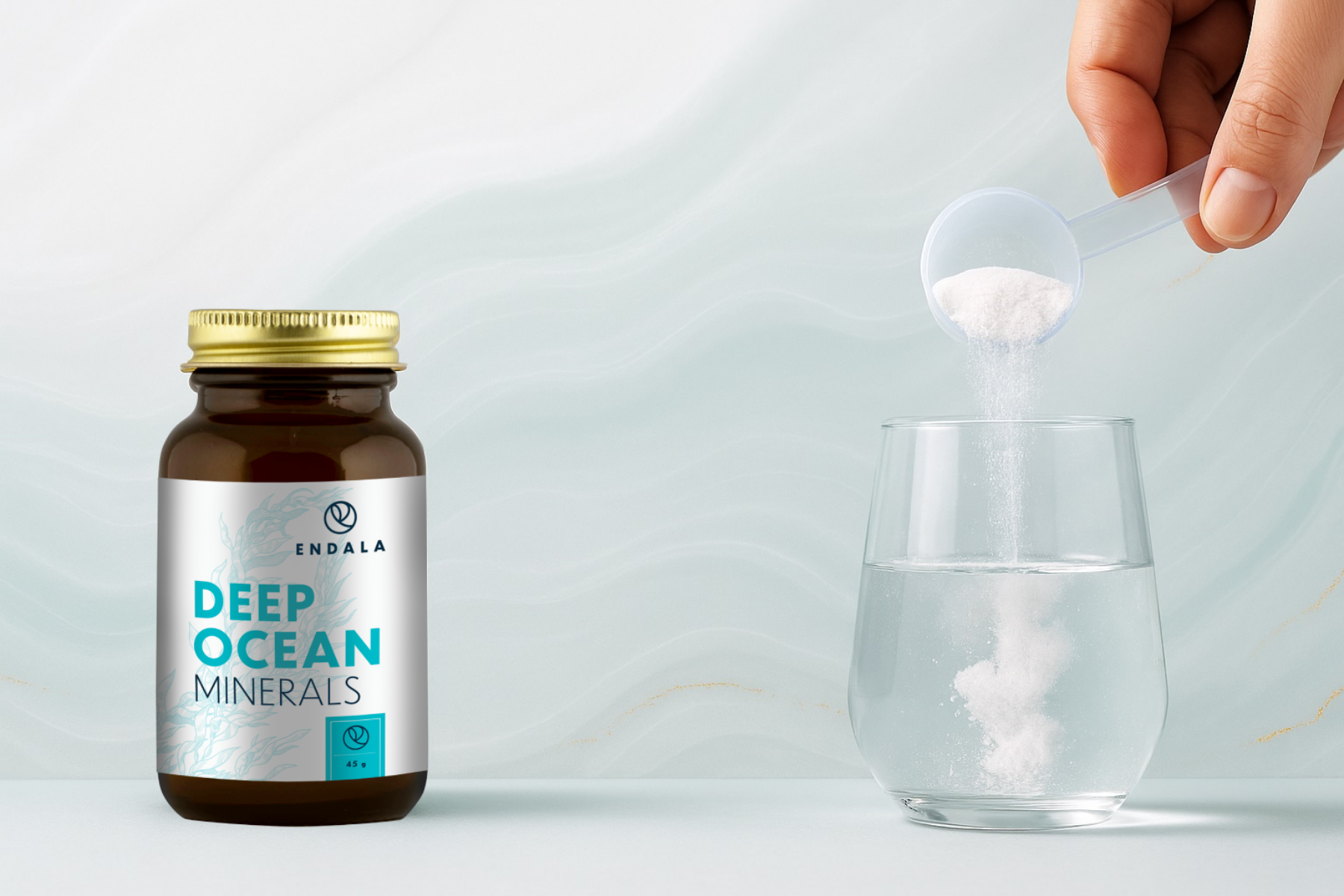A recent study by J. Ngo and colleagues has brought crucial insights into the function of mitochondria, our cellular powerhouses. A key finding is that the process of beta-oxidation of long-chain fatty acids plays a fundamental role in the efficient production of energy within cells.
Main findings from the study:
1. Fragmented mitochondria are more efficient in beta-oxidation than long, fused mitochondria.
2. Beta-oxidation of long-chain fatty acids is key for efficient energy production.
3. The shape and dynamics of mitochondria affect their ability to process different types of "fuel," especially fatty acids.
Application of knowledge in the context of SLS diet:
Truly local and seasonal (SLS) food can optimally support the findings of the study:
1. Seafood and Fish:
- The main source of long-chain fatty acids for beta-oxidation
- Focus on local types of fish and seafood
- Consume fresh, ideally on the day of catch
2. Local pasture-raised meat:
- Meat from free-range animals contains more healthy fats
- Alternate different types of meat according to the season and availability
3. Free-range eggs:
- A rich source of nutrients supporting mitochondrial function
- Prefer eggs from local farmers
4. Seasonal oilseed crops:
- Use local sources of healthy fats according to the current season
- For example, pumpkin seeds in autumn, flax seeds all year round
Practical tips for an SLS diet supporting mitochondrial function:
1. Meet local fishmongers: Ensure access to fresh, local fish and seafood.
2. Visit farmers' markets: Get seasonal products rich in healthy fats.
3. Collaborate with local breeders: Ensure access to quality pasture-raised meat.
4. Get to know the local agricultural calendar: You will understand which fatty foods are truly seasonal during a given period.
Preparation of dishes to support beta-oxidation:
1. Gentle cooking methods: Grilling, baking, or steaming preserves fatty acids.
2. Combine fat sources: For example, a salad with local fish and seasonal seeds.
3. Minimize processing: Fresh, minimally processed foods provide optimal nutrients for mitochondria.
Conclusion:
A study on mitochondria and beta-oxidation emphasizes the importance of high-quality, long-chain fatty acids in our diet. By focusing on truly local and seasonal sources of these fats – primarily seafood, fish, and pasture-raised meat – we can optimize the function of our mitochondria and support efficient energy production in cells.
This approach not only supports our health at the cellular level but also contributes to sustainability and the support of the local economy. Remember that each region has its unique resources, so it is important to adapt these tips to your local conditions.





Leave a comment
This site is protected by hCaptcha and the hCaptcha Privacy Policy and Terms of Service apply.